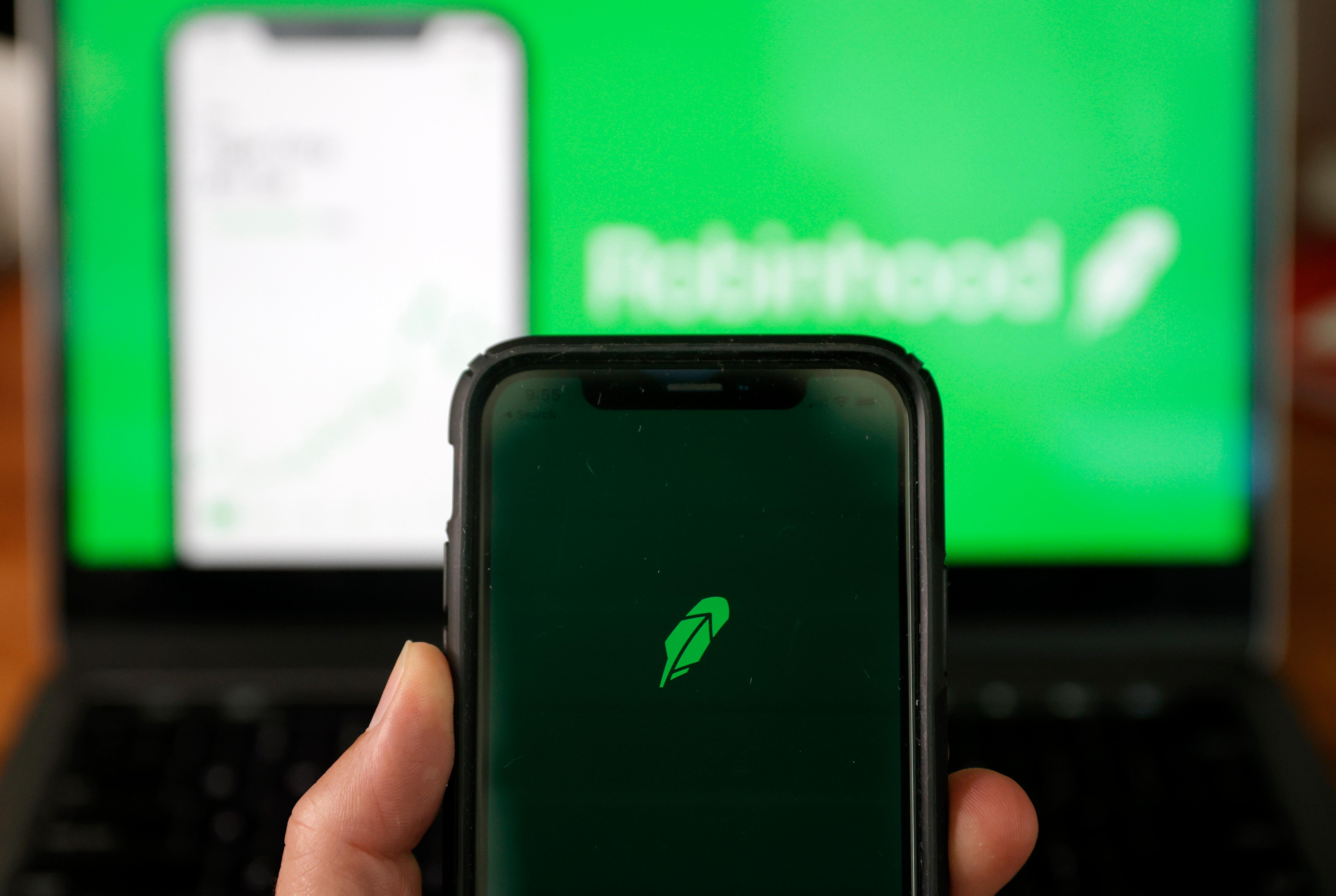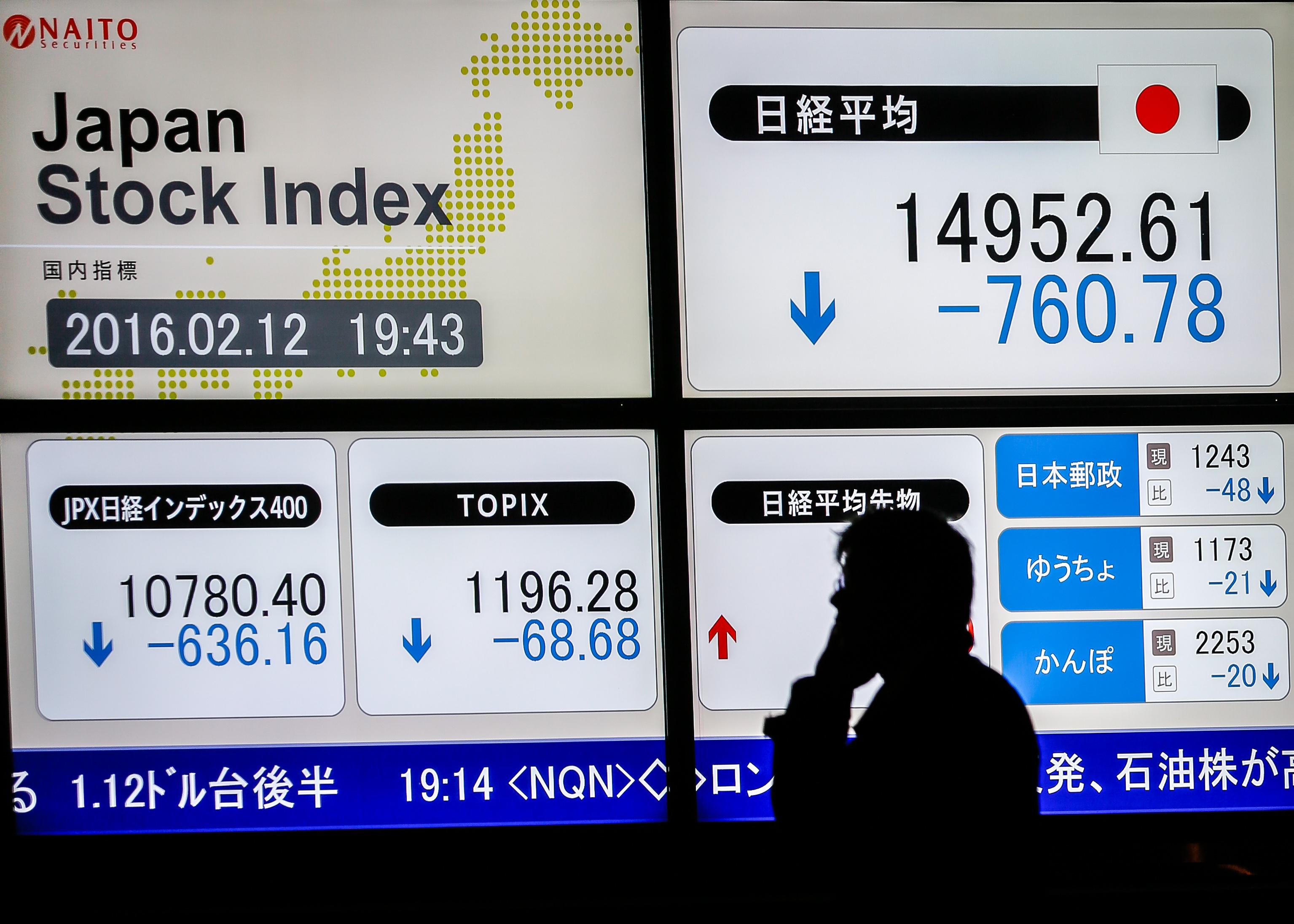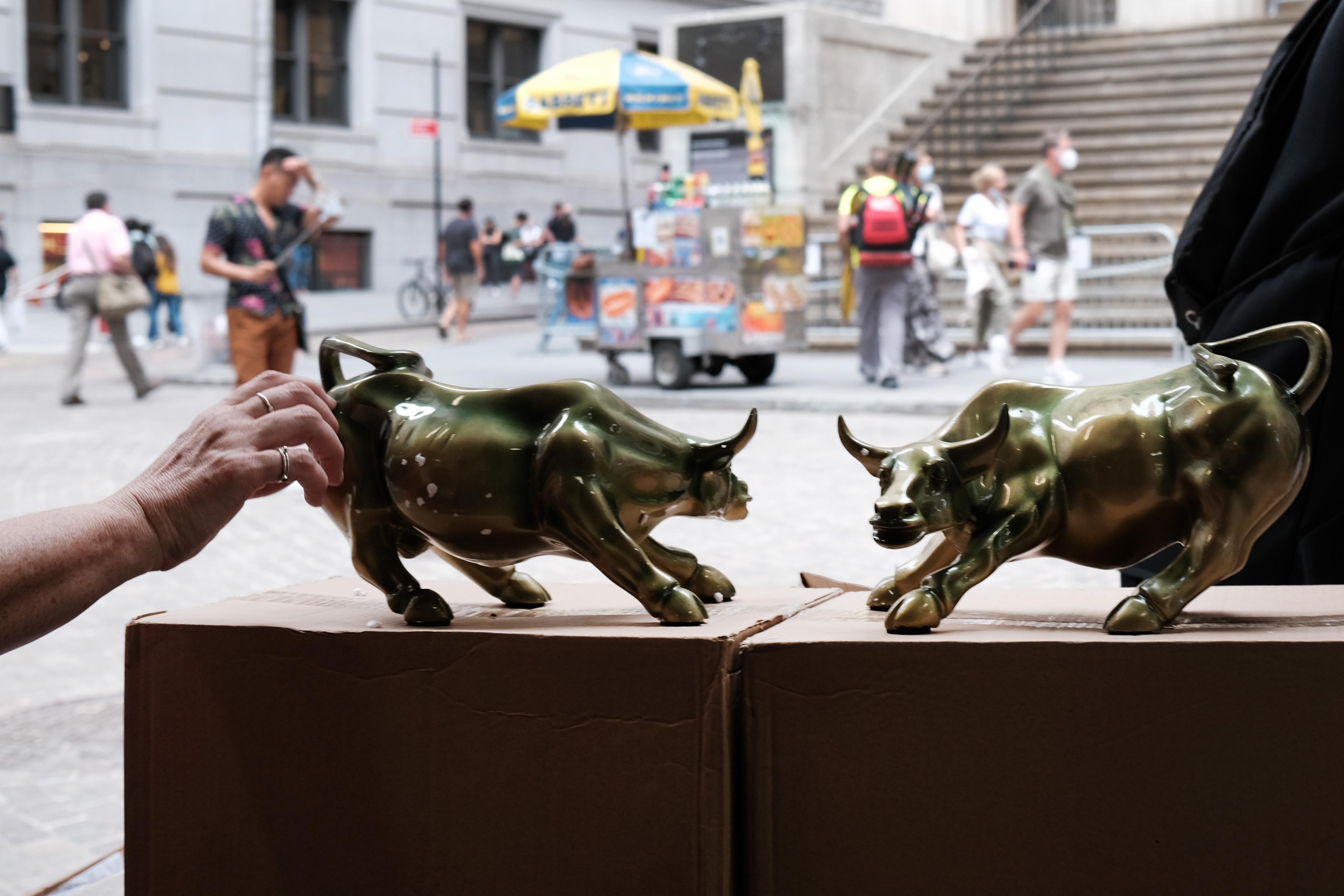How Soon Can You Sell IPO Shares?
Investing in a company during its IPO can be a great way to get stock at a low price. But what if you don't want it after the IPO?
Sept. 27 2021, Published 6:29 a.m. ET

IPOs have helped businesses grow into some of the largest companies in the world. Many investors who bought IPO shares have profited. Some of the most notable IPOs recently have included those of Duolingo, Dole, Freshworks, and Krispy Kreme. But what if you want to sell your IPO shares immediately after the company goes public?
Retail investors who invest in a company right after it goes public are generally allowed to sell their shares immediately after they buy them. This gives investors the freedom to invest in whatever company’s available on their investing platform, and even flip the stocks for a profit if the stock spikes. For IPO investors, however, it can be a completely different process—some might not be able to sell their IPO shares for a certain period after the company goes public.
The IPO lockup period prevents initial investors from selling immediately
The only people who are usually able to invest in IPO shares are institutional investors, employees, and other private investors. In some cases, retail investors may be able to invest in an IPO if their brokerage or investing platform offers it. While that may seem like an unfair advantage for retail investors, there can be a disadvantage for those private investors after the company goes public.

Because private investors tend to have many more shares than the public, if they were to sell their shares after the IPO, they could drastically impact the market and create volatility. This is one reason lockup periods are implemented into agreements between private investors and companies going public. During the lockup period, IPO shareholders can't sell their shares. The period tends to last 90 to 180 days, but with SPAC IPOs, they commonly last at least 180 days and up to a year.
Additionally, options trading is usually not permitted on the first day a company is publicly listed. If lockup periods didn’t exist and options trading were allowed on the first public day, private investors could manipulate the market and profit hugely from placing a call or put option call on the stock.
Be cautious when investing in a company immediately after it goes public, as IPO lockup periods commonly expire after 90 days. And after those 90 days, there can be a drastic drop in share prices. Some investors wait at least 90 days before a company goes public to invest in it, as they could find a great entry point that's lower than the IPO price. You can find when lockup periods for certain companies expire on MarketBeat.

Can retail investors immediately sell their IPO shares?
If you were able to access IPO shares through your brokerage or investment platform, it’s best to check with them if you can sell them immediately. Robinhood offers IPO investing for eligible users, and the platform says that selling IPO shares within 30 days is considered flipping, whether that was your intent or not. If you flip IPO shares on Robinhood, you could be limited or permanently banned from investing in IPOs on the platform.
